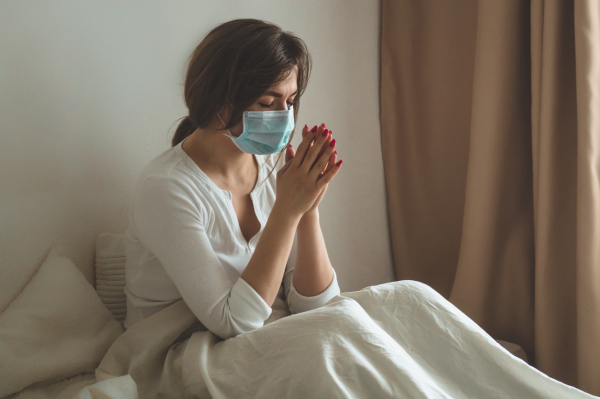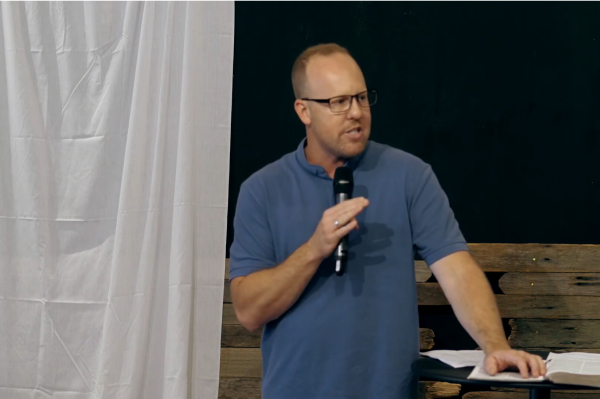Sleep Critical to Lowering Rates of Adolescent Depression, Suicide Attempts
Lisa Meltzer, assistant professor of pediatrics and lead author of the National Jewish Health study which found that students who are homeschooled sleep 90 minutes longer a night and wake up 18 minutes after traditional high schools have already started, has also revealed that extra sleep decreases the rates of depression and suicidal ideation in adolescent children.
Meltzer and her NJH colleagues in Denver, Colo., charted the sleep patterns of 2,612 students, including nearly 500 homeschoolers.
According to Meltzer's study, the first to include homeschooled students, "adolescents should have between eight and a half to nine and a half hours of sleep each night."
In terms of the study, the key difference between homeschooled children, and those who wake up early for traditional school environments "is the total sleep duration, with homeschooled students obtaining more sleep since they did not have to wake as early as their public and private school peers," Meltzer told The Christian Post during an interview on Tuesday.
"Other studies have looked at sleep deprivation," she said, "and it's definitely unequivocal that an [adequate amount of sleep] has an impact on mood and lower rates of suicide attempts and lower rates of depression."
She added, "If they're only getting seven hours, on average, by the end of the week they are a full ten hours of sleep behind schedule."
Meltzer also told CP that her study was limited in that the team only looked at sleep patterns and sleep hygiene. "We did not measure any specific daytime outcomes. However, there is a significant body of literature demonstrating that deficient sleep leads to poorer daytime functioning, including difficulties with learning and attention, as well as negative mood."
"Sleep deprivation is so heavily dependent on school start times," said Meltzer, who added that she's "not so much an advocate for homeschools, as she is for later start times in public and private schools for adolescent children."
Outcomes of Meltzer's study reveal that more than 55 percent of teens who are homeschooled got the optimal amount of sleep per week, compared to just 24.5 percent of those who attend public and private schools.
Meltzer said she was inspired to conduct a study on the sleep times for children who are homeschooled versus those who attend public and private schools, because even though people have strong feelings about homeschooling, no one has looked at or even thought about the differences in performance and mood for the children who were able to obtain more sleep because they are homeschooled.
"[Sleep deprivation] impacts every aspect of functioning," Meltzer said. "Academics, and the ability to learn, concentrate and pay attention is all diminished when you haven't had enough sleep.
"Melatonin, the hormone that helps regulate our sleep, shifts by about two hours during puberty. So even if they wanted to get to sleep earlier, teenagers are battling biological changes in their bodies that are nearly impossible to overcome. …They physiologically can't fall asleep earlier anymore."
Several advocates for changing school start times have reached out to Meltzer, but specific districts have not contacted her. "The issues surrounding changing school start times are quite complex, including financial, buses, cafeteria schedules, and after school activities (namely sports and jobs)."





















